A team of surgeons from Hawaii, Dr. Michael Bennett of Retina Institute of Hawaii and Dr. Michael McMann of McMann Institute, has successfully implanted the FDA-approved eye telescope, a first in Hawaii, at one of the leading medical centers in Honolulu. The first-of-kind telescope implant is integral to CentraSight™, a new patient care program for treating patients with end-stage age-related macular degeneration (AMD), the most advanced form of AMD and the leading cause of blindness in older Americans. It is the only medical/surgical option that improves visual acuity by reducing the impact of the central vision blind spot caused by end-stage AMD.
Smaller than a pea, the telescope implant uses micro-optical technology to magnify images, which would normally be seen in one’s “straight ahead” or central vision. The images are projected onto the healthy portion of the retina not affected by the disease, making it possible for patients to see or discern the central vision object of interest.
Patients with end-stage AMD have a central blind spot. This vision loss makes it difficult or impossible to see faces, read, and perform everyday activities such as watching TV, preparing meals, and self-care. The telescope implant has been demonstrated in clinical trials to improve quality of life by improving patients’ vision so they can see the things that are important to them, increase their independence, and re-engage in everyday activities. It also may help patients in social settings as it may allow them to recognize faces and see the facial expressions of family and friends.
“After decades worth of research and development, we finally have technology capable of restoring sight and visual function for patients suffering from chronic macular degeneration,” says Dr. Michael Bennett, Retina Institute of Hawaii. “This is a very exciting breakthrough both in medical history and for patients who never thought they would see again.”
The treatment program is generally coordinated by retina specialists who treat macular degeneration and other back-of-the-eye disorders. The treatment program focuses on comprehensive patient care, requiring prospective patients to undergo medical, visual, and functional evaluation to determine if they may be a good candidate. A unique aspect of the evaluation is the ability to simulate, prior to surgery, what a person may expect to see once the telescope is implanted to determine if the possible improvement will meet the patient’s expectations.
Dr. Bennett and Dr. McMann, a cornea eye surgeon, are one of the first teams to perform the surgery nationwide. As long time friends and colleagues, Dr. Bennett and Dr. McMann were both trained at Emory University, one of the pioneering Phase I and Phase II surgical centers for the implantable device. Their natural union combines the best of their collective retinal and cataract refractive skills. The telescope procedure is performed on an outpatient basis and is covered by Medicare. Post-implantation, the patient will learn how to use their new vision in everyday activities by working with Dr. Kellen Kashiwa, the regional CentraSight visual rehabilitation provider.
Patients and physicians can find more information about the telescope implant and related treatment program at www.CentraSight.com or by calling (888) 999-4134.



🌎🌺 We’re lucky to live in a place filled with natural beauty—and we believe in doing our part to protect it.
Here’s how you can help us keep Hawaii green:
♻️ Recycle your contact lens containers and solution bottles
👓 Donate your old glasses to give someone else the gift of sight
Every small step helps protect the planet we call home—and the eyes that let us see its beauty. 💚🌊
#EarthDay #SeeTheBeauty #SustainableVision #RecycleForSight #Ophthalmology #EcoFriendlyEyeCare #HawaiiVisionCare ... See MoreSee Less
0 CommentsComment on Facebook
We’re egg-cited to wish you a day filled with bright sights, sweet treats, and time with the ones you love. 💛👀
This Easter, don’t forget to take a moment to appreciate the beautiful view—your eye health makes it all possible! ... See MoreSee Less
0 CommentsComment on Facebook
You shouldn't live with cloudy, fading vision. Our offices across the islands have all the technology, trained staff and experienced surgeons to bring your vision into focus with advanced, laser cataract surgery. Call us today at 808-955-0255 to schedule your exam.
#cataractsurgery #HawaiiHealth #VisionCorrection #hawaiieyecare ... See MoreSee Less
0 CommentsComment on Facebook
Whether it's macular degeneration or cataracts or a simple eye exam, you can find the most advanced care at our offices across the islands. Mahalo, David, for taking the time to tell about your experience with Dr. Miller and our Kona team while they took care of your macular degeneration. We take care of our patients like they are 'ohana.
🌺#ohana #MacularDegeneration #hawaii #bigisland #eyecare ... See MoreSee Less
0 CommentsComment on Facebook
Each year, approximately 100,000 people suffer sports-related eye injuries, with around 13,500 leading to permanent vision loss. Most sports-related eye injuries can be prevented by wearing the right protective gear. Visit our optical in Kona and Lihue to get outfitted with the right eyewear for your active lifestyle.
#SportsEyeSafety #protectiveeyewear #sportsprotection ... See MoreSee Less
0 CommentsComment on Facebook
Your vision plays a vital role in your quality of life, and routine eye exams can help detect early signs of systemic conditions like diabetes, hypertension, and more.
✅ Schedule your annual eye exam
✅ Protect your eyes from UV rays
✅ Eat a nutrient-rich diet for healthy vision
Let’s keep our eyes—and our bodies—healthy together. 💙
#WorldHealthDay #EyeHealthMatters #VisionCare #Ophthalmology #HealthyEyesHealthyYou ... See MoreSee Less
0 CommentsComment on Facebook